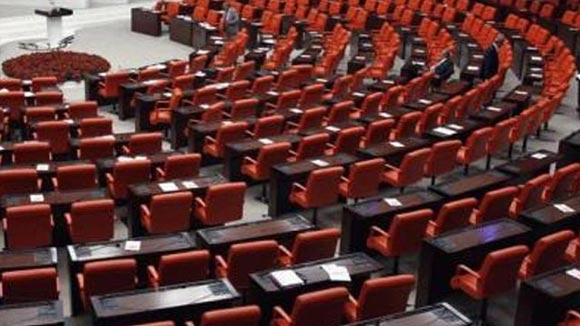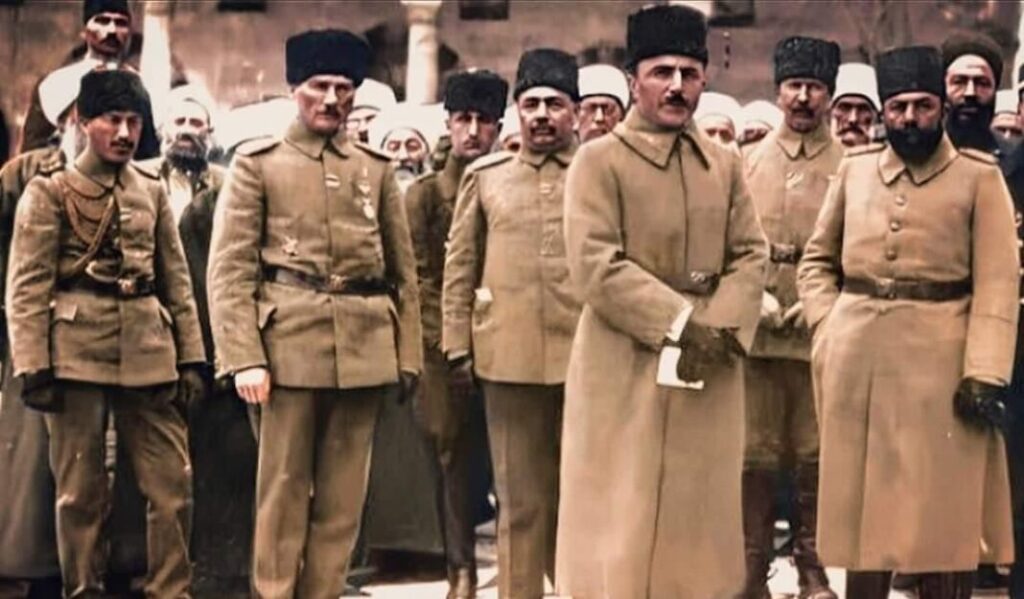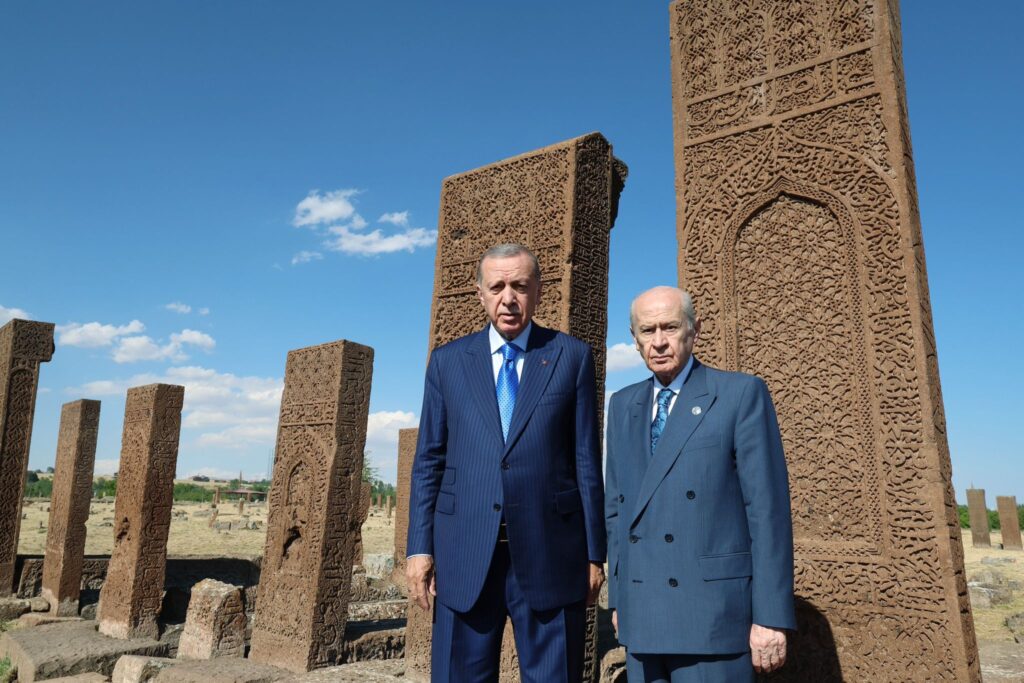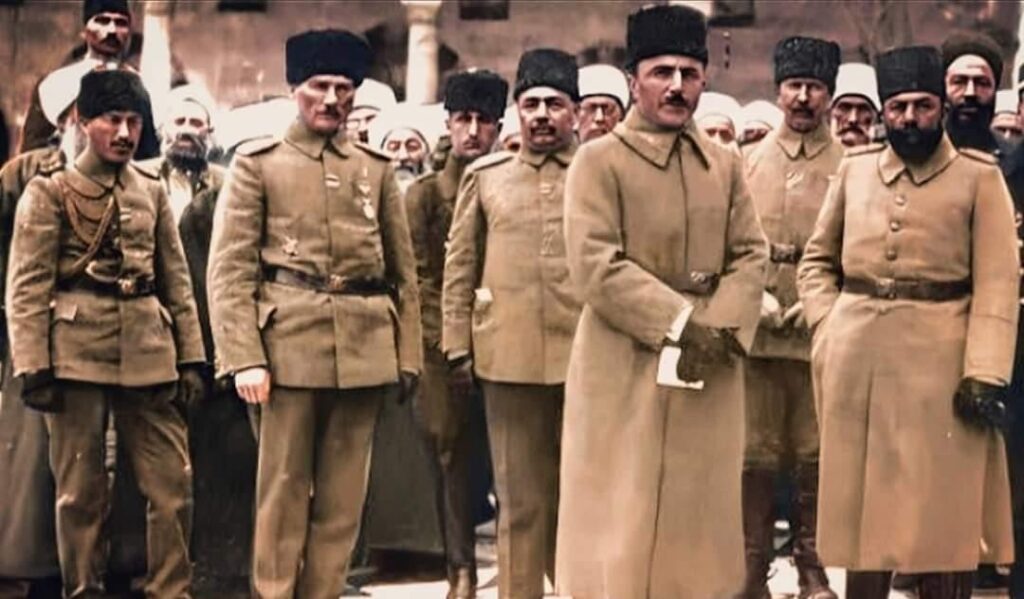Etyen Mahçupyan
The Turkish original of this article was published as
Başkanlık ve düzeysizlik on 12th January 2016.
Urgently needed is a new constitution to carry Turkey in stable fashion to the future. The existing legal framework and its underlying mentality are incapable of helping solve the various outstanding questions. Instead, they stand to rapidly generate any number of new problems, which could render rational governance altogether impossible. If this transition were to be accompanied by a switch to a presidential system, the position of the people’s elected representatives, and hence of society’s preferences in general, would be strengthened in the face of official ideology and the bureaucratic establishment. If an alternative could be created that would not compromise representativeness and also allow for proper supervision, it would not be surprising for a vast majority of society to say yes to this shift. For in the end, this system is likely to benefit the opposition as well as the ruling party — both with respect to the autonomy of parliament, and also because it would give them the opportunity to defeat the AKP by uniting around a single candidate.
But this transition is not going to be achieved instantaneously. The debate and the whole process will be spread out over time. Everything that happens during this period, from the attitudes adopted to the language used, will reflect on what is “really” meant by the presidential system, that is, how it is likely to be “utilized.” For example, precisely at a time when the first item of discussion between Turkey and the EU to be opened after many years has to do with the central bank’s position and autonomy, if you try to suggest that the central bank would be subordinate to the executive power under the presidential system, you are likely to be left without any foreign or domestic investors. Your dreams of a presidential system enabling Turkey to make a huge economic leap forward might evaporate because of your current absurd discourse. In short, while the objective might be positive in itself, this is not going to be sufficient for it to be realized. How move to achieve it is at least as important. In this regard, the AKP is faced with two dangers that are interrelated.
The first such danger is the “instrumentalization” of the presidential system. In other words, a tendency to uphold the presidential system not because of its fundamental qualities or its potential contribution to society, but in the hope that it may strengthen one’s own personal position — thereby assuming, of course, that “defending” the presidential system is a way to power. There are, indeed, quite a few people around who, knowing just how much the president wants it, are out to “win his favor” by defending a presidential system. And it is also entirely normal for there to be a secret rivalry between them. But this gives rise to a weird “profession”: We are faced with a group of cheerleaders who, if Erdoğan were to change his views, would themselves instantaneously do so, perhaps ending up by defending the opposite of what they are saying today. The problem is that the acceptability of any opinion by society is not independent of the character or quality of the defenders of that opinion. Hence the emergence of this sort of group is capable of degrading the objective itself. Perhaps even more importantly, it tends to trigger a durable sort of negative view about the overall quality of the AKP.
The second danger follows from such instrumentalization. Together with the degradation of the entire style and manner of advocacy and debate, the next few years are likely to bring forth a new type of “politician”; the deterioration of the chosen route or trajectory could result in the rise of inferior people as “speakers” for the presidential system. Eventually, these people could even begin to represent the AKP’s “quality level” in the eyes of outside observers. It is likely to be much more difficult than is generally assumed for the party leadership to reverse such perceptions. In turn, this would entail a serious erosion of legitimacy and make it impossible “to come to an agreement” around the new constitution.
If the AKP wants this transition to be achieved on the basis of a comprehensive social consensus and to result in the right sort of product, it should not sanction or permit such instrumentalizations or degradations. At this critical juncture for Turkey, the process can be abandoned neither to its fate nor to the hands of mediocre people.
Yazıyı beğendiysen, patronumuz olur musun?
Evet, çok ciddi bir teklif bu. Patronumuz yok. Sahibimiz kar amacı gütmeyen bir dernek. Bizi okuyorsan, memnunsan ve devam etmesini istiyorsan, artık boş olan patron koltuğuna geçmen lazım.
Serbestiyet; Türkiye'nin gri alanı. Siyah ve beyazlar içinde bu gri alanı korumalıyız. Herkese bir gün gri alanlar lazım olur.




















